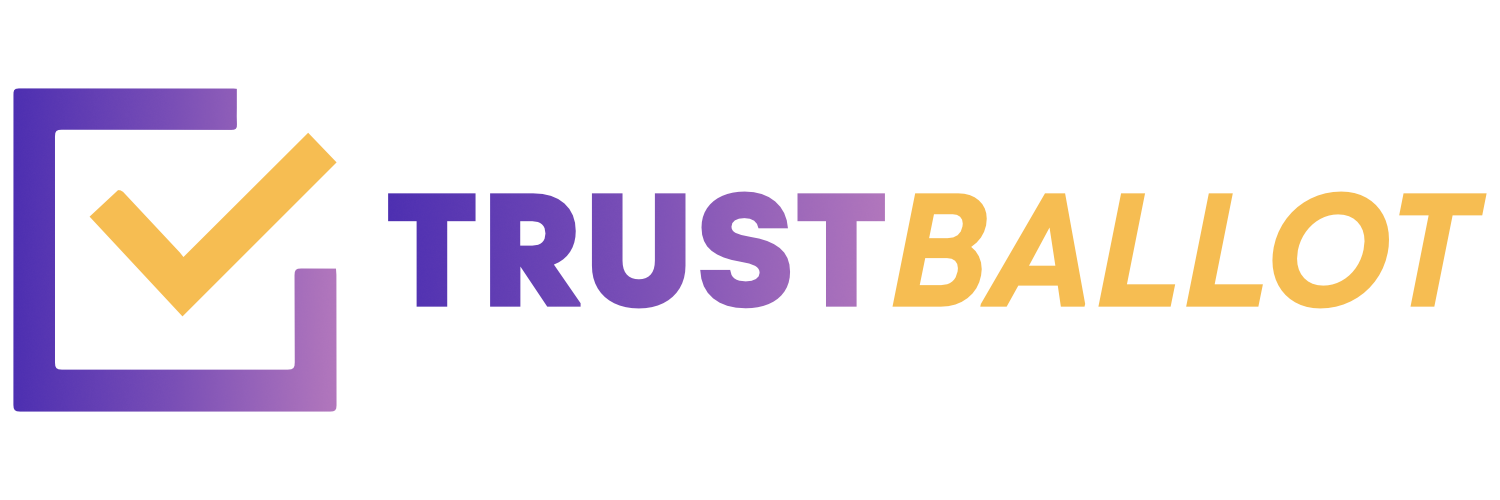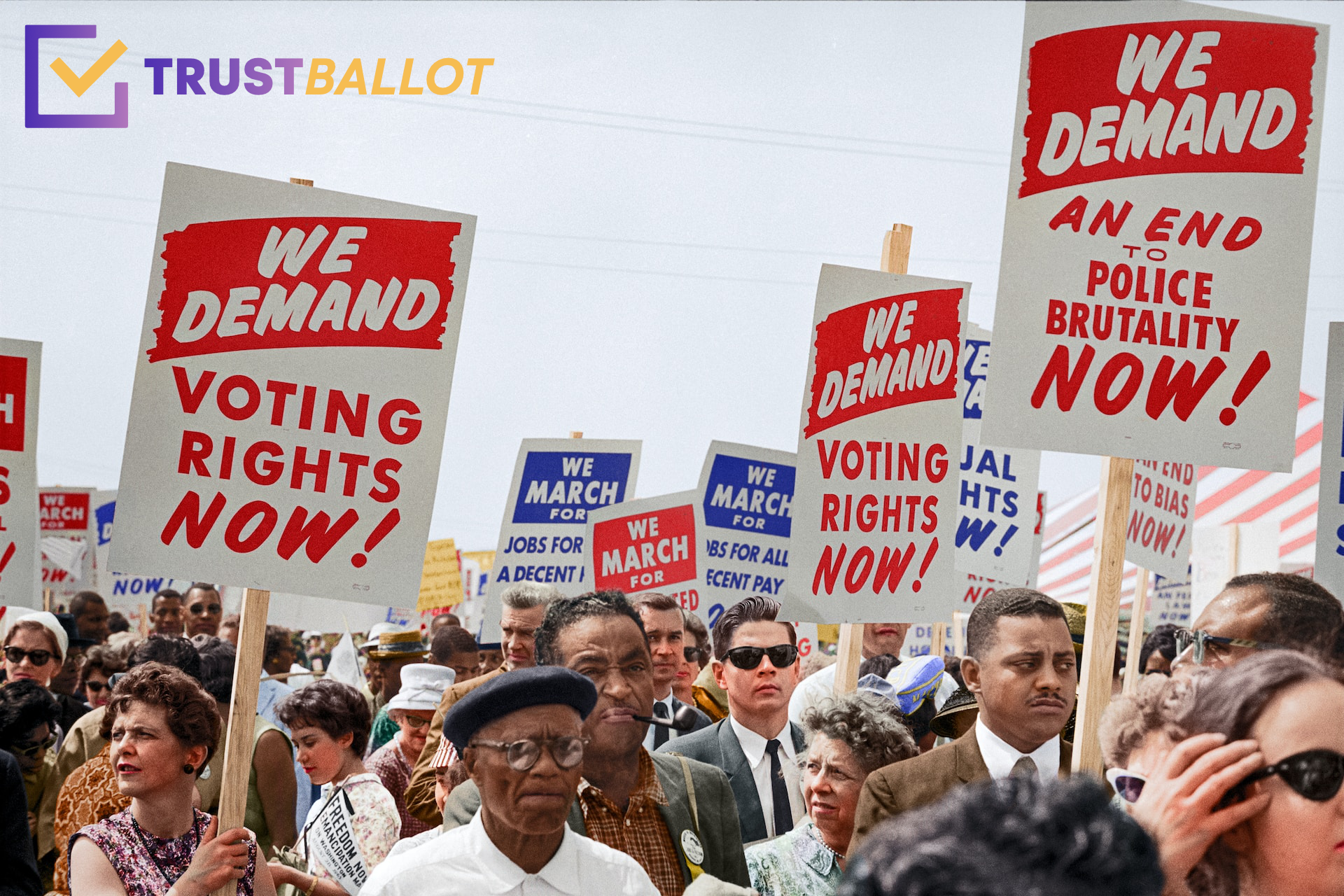Welcome to TrustBallot.
In an age where the waves of information are as perpetual as they are capricious, the steadfast pillar of electoral integrity remains a non-negotiable cornerstone of any democratic society. It governs the unspoken contract between a government and its citizenry, promising fairness, transparency, and accountability. As recent events have unambiguously illustrated, fostering and preserving the sanctity of the ballot box has never been more paramount.
On the local stage, the seeds of trust are sown. The smooth operations of town councils, school boards, and mayoral offices are often reflections of the credibility of their election processes. Not so long ago, the 2020 elections saw an unprecedented surge in mail-in voting, which necessitated a rigorous evaluation and bolstering of security measures to ensure the authenticity of each vote. Local communities witnessed firsthand the immense responsibilities borne by electoral officers in safeguarding the principles of a fair vote, where even a hint of impropriety could fracture the community’s trust.
At a national level, the integrity of elections forms the bedrock of unity and stability. In the United States, this was conspicuously underscored during the 2020 Presidential Election. A tumultuous period of claims and counterclaims about the validity of the electoral process led to tensions that reached a fever pitch. Authorities worked tirelessly to validate the electoral process, affirming the robustness of the system amidst polarizing discourse. As the nation watched, state after state conducted recounts and audits, showcasing a system capable of withstanding scrutiny and pressure.
Internationally, the resonance of electoral integrity cannot be understated. In Belarus, citizens took to the streets in 2020 to voice their dissent against what was widely perceived as a rigged election, leading to widespread protests and a call for international scrutiny. Myanmar, tragically spiraled into chaos following a military coup in early 2021, precipitated by allegations of election fraud. These incidents serve as somber reminders of the volatile cocktail that arises from perceived electoral malfeasance.
What emerges clearly from these vignettes is the unequivocal role electoral integrity plays in the sustenance of peace, stability, and democratic health. It’s not just about the logistical nuances of managing ballots. It’s about nurturing a culture of trust, where citizens can have unshaken belief in the sanctity of their vote and the legitimacy of the elected representatives.
With the advancing digital frontier, the challenges to electoral integrity are evolving, making the task of safeguarding it increasingly complex. Cybersecurity threats, misinformation campaigns, and attempts to manipulate public opinion through social media platforms have emerged as modern-day antagonists to a fair and free election. Hence, a renewed commitment to nurturing electoral integrity is essential.
This involves fostering collaborations between governments, technology firms, and civil society to create a bulwark against these threats. Investments in technology to secure voting infrastructure, educational campaigns to counter misinformation, and international cooperation to foster best practices in electoral processes are vital steps in this direction.
In this crucible of modern civilization, let the beacon of electoral integrity shine brightly, guiding societies towards a future where the voice of every citizen is heard, respected, and counted. As the guardians of democracy, it is incumbent upon us all to protect and uphold the sanctity of the electoral process, nurturing a world that continues to believe in the power and promise of a vote cast in faith and fairness.
#TrustBallot

